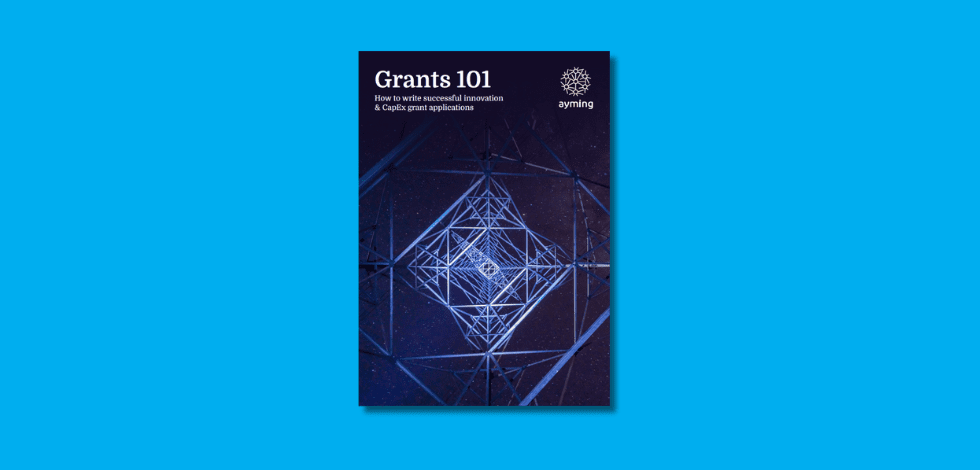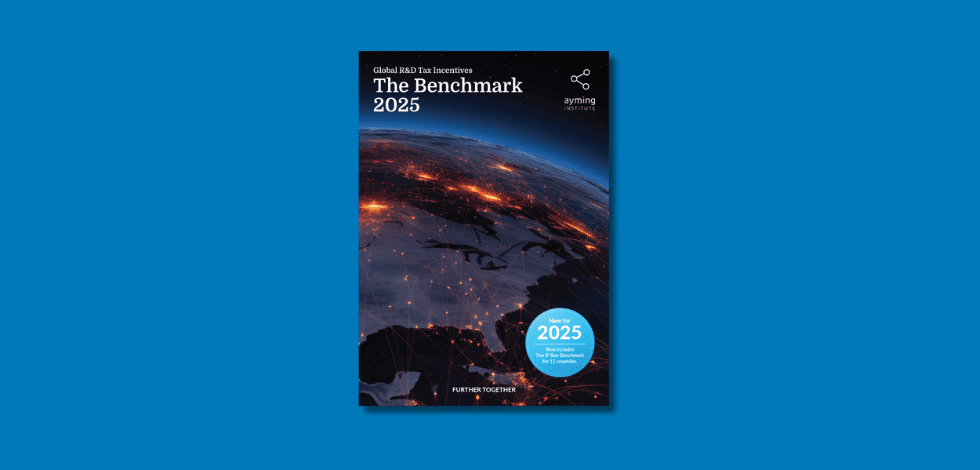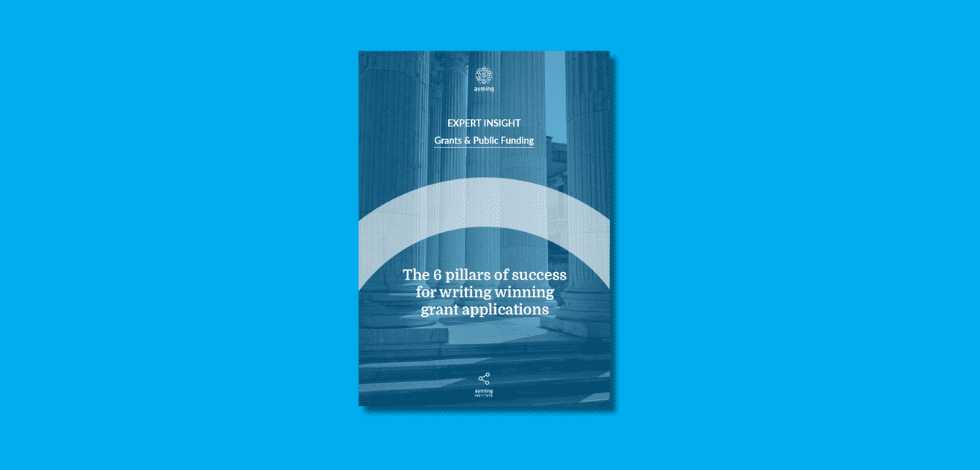20th July 2022 is Legislation Day (L-Day). The government has published draft legislation for the forthcoming Finance Bill 22/23.
The draft legislation includes introducing a new multinational top-up tax to help ensure multinational enterprises operating in the UK pay a global minimum of tax, several changes to capital gains tax, banding reforms for air passenger duty and various other legislative changes.
Of particular interest to us at Ayming is the draft legislation for the R&D tax relief reforms, available here: https://www.gov.uk/government/publications/research-and-development-tax-relief-changes.
We wish to highlight several areas so our clients, and other companies claiming R&D tax relief, understand how this draft legislation could affect them.
Pre-notification
- Companies will need to inform HMRC that they plan to make a claim by using a digital service within six months of the end of the period to which the claim relates. Companies which have claimed in one of the preceding three periods will not need to pre-notify HMRC.
This is an interesting change and one of the more important ones. It aimed to target perceived abuse in the R&D schemes. Spurious claimants would have been limited to effectively just one accounting period. However, the fact that companies who have only claimed in one of the preceding three periods do not have to pre-notify means that the perceived abuse could still happen, and all we’ve done is add an additional administrative burden on legitimate claims. The suggestion of pre-notification was always quite a punitive measure, and I’m unsure whether it will have the effect HMRC desired.
Claim submission process
- All claims must be made digitally, including a breakdown of costs across the qualifying categories and a brief description of the R&D.
- Furthermore, claims will need to include details of any agent who has advised the company on compiling the claim, as well as being endorsed/signed off by a named senior officer of the company.
- The detail of these rules will be made by regulation (yet to be published) and hence could be subject to ongoing modification by HMRC as they aim to improve compliance and tackle abuse.
We welcome the decision to digitise the claim submission process and look forward to seeing more detail on the matter. Ayming’s current process involves a full breakdown of costs across all categories and descriptions of the R&D, so this regulation change should have little impact on our client base.
Qualifying expenditure
- The scope of qualifying expenditure is extended to include the costs of data licences and cloud computing. This includes the provision of access and maintenance of remote data storage, operating systems, software platforms and hardware facilities.
- Within staffing costs, the reference to National Insurance Contributions will be extended to include the new Health and Social Care Levy.
- Clarification that references to expenditure incurred on payments refer to payments that are made before a claim is made in respect of that expenditure.
The inclusion of data licences and cloud computing has been a big subject for many of our IT and Software focused clients. We are happy that HMRC has listened to representations from within the industry and expanded the scope of qualifying costs.
R&D definition
- Change to the definition of R&D for tax purposes to include pure mathematics.
As part of the consultation process, Ayming lobbied for the inclusion of mathematics and social sciences to be included within the definition of R&D. It’s positive that HMRC has made a move to widen the definition and we hope to see further expansion in the future.
Refocusing the reliefs towards innovation in the UK
- The costs of subcontracted work, as well as the costs of externally provided workers, will only be allowed where it was incurred on activities undertaken in the UK.
- Nevertheless, exemptions will be put in place where factors such as geography, environment, population or other conditions that are not present in the UK are required for research (e.g. deep ocean research) and where regulatory or other legal requirements for certain activities to take place in specific territories (e.g. clinical trials).
- The cost of R&D and the availability of workers to carry out R&D do not apply as conditions for an exemption.
During the consultation process, we highlighted the potential issue that some of our clients would face if exemptions to this proposal were not considered, specifically for clients in the IT & Technology and Life Sciences sectors. Life Sciences must use EPWs, for example, when conducting clinical trials for malaria therapies. We could hardly conduct adequate trials on the UK population. It’s, therefore, great to see specificities in the exemptions and a further positive example of the success of the consultations.
Patent Box
- The Patent Box rules, which use the R&D expenditure definitions as part of their calculation, will be extended to include cloud computing and data costs.
- Additionally, the rules focusing on reliefs towards the UK will not apply for the purpose of calculating Patent Box deductions.
LC/SME acquisition
- Where an enterprise is treated as an SME, and a linked enterprise becomes large, the first enterprise will continue to be treated as an SME for the accounting period and the following accounting period. In addition, when an enterprise which was treated as large only because a linked or partner enterprise was large is acquired by an SME, that enterprise will be treated as an SME in the accounting period in which the acquisition is made.
Going concern
- The definition of “going concern” will be amended to clarify that if a company’s accounts are not prepared on a going concern basis only because the company’s trade was transferred to another member of the group, the accounts are to be treated as if prepared on a going concern basis.
Commencement
- These amendments are expected to affect claims made in respect of accounting periods beginning on or after 1st April 2023.
So what’s missing?
There are some notable omissions in the draft legislation, subjects which arose out of the 2021 R&D Tax Reliefs consultation and have been discussed at length.
- The increase of RDEC up to 14% due to the planned CT increase to 25%. It remains to be seen whether this proposal remains following the upcoming change in Prime Minister.
- Many parties lobbied for the inclusion of capital expenditure in the RDEC or SME regimes, and it remains a subject of debate. We may see future proposals covering this topic.
- These proposals do not include the potential consolidation of the SME regime into the RDEC regime.
If you have questions or comments on the draft legislation, either a query about the specificities of the proposals or worries that it will affect your existing claim, please get in touch, and one of my team or I will be happy to discuss in more detail.















No Comments